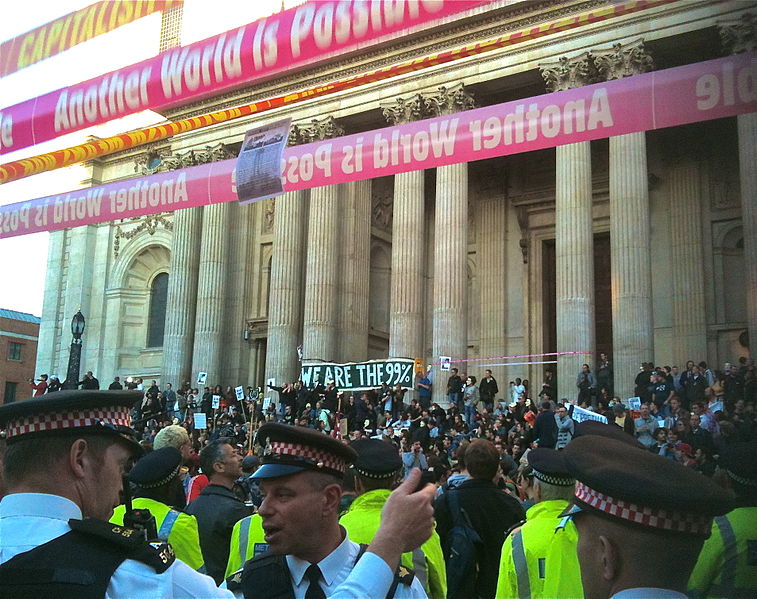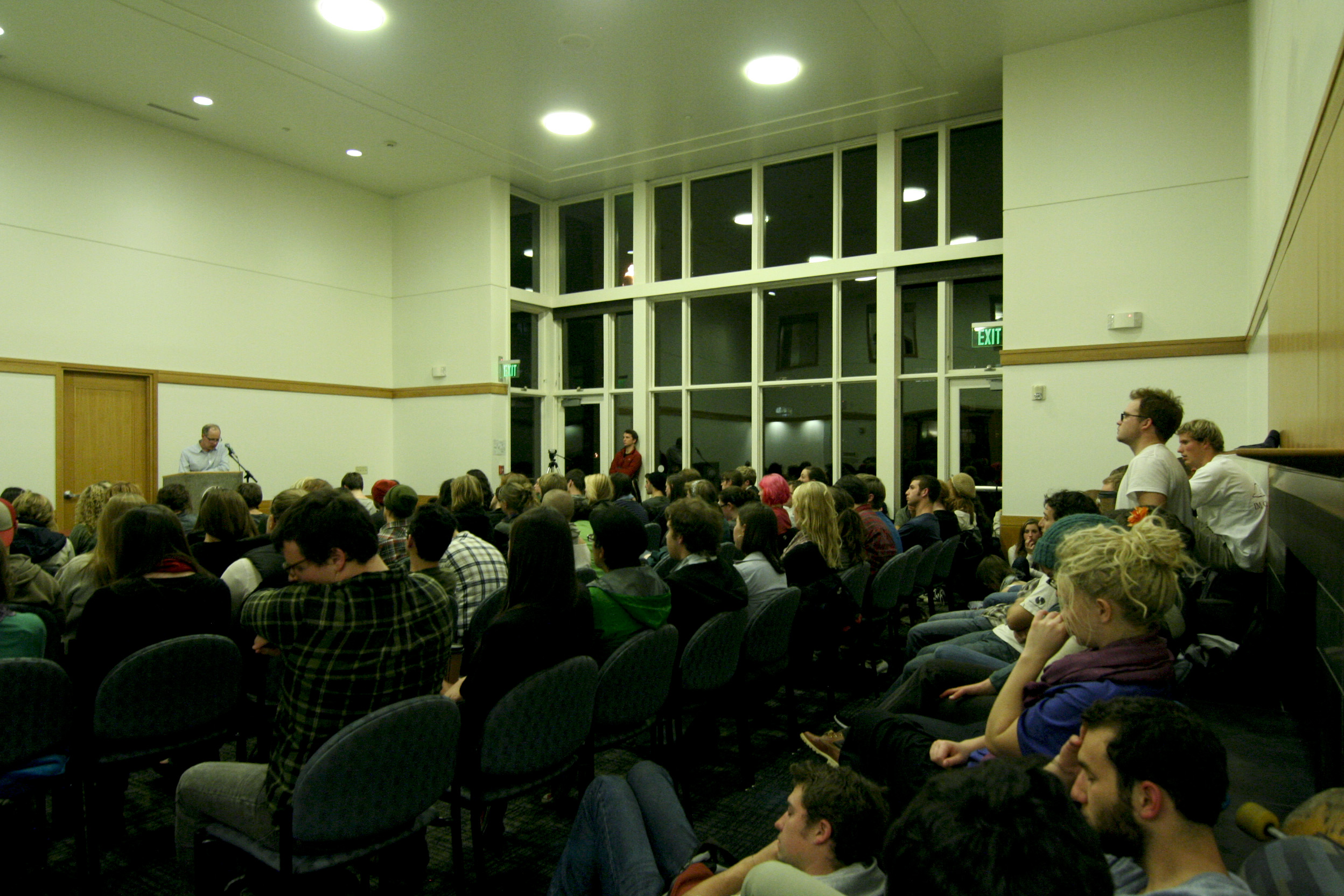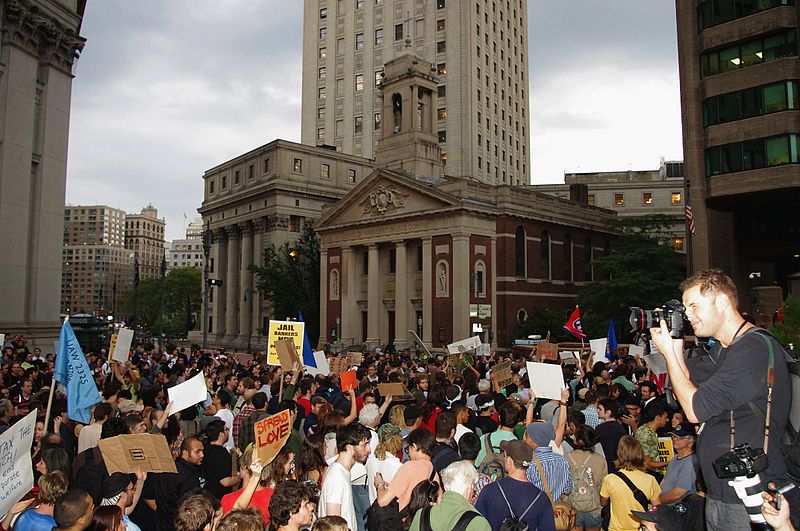
In one of his brutally honest jokes about his lifestyle, comedian Louis C.K. describes how having an expensive car makes him evil.
“I drive an Infiniti,” he says, “That’s really evil. There are people who just starve to death—that’s all they ever did…and I sleep like a baby. It’s totally my fault, ’cause I could trade my Infiniti for a Focus and I’d get back like $20,000. And I could save hundreds of people from dying of starvation with that money. And every day I don’t do it. Every day I make them die with my car.”
He doesn’t mean we should feel guilty, but rather that we shouldn’t claim to put other countries first. Like all of his jokes, the Infiniti bit is rooted in truth: Americans live a relatively luxurious lifestyle at the expense of others (albeit indirectly) and need to own up to it.
I’ve witnessed my peers using this truth as an argument against the Occupy Wall Street movement recently.
They say things like “America’s whining 99 percent is the one percent to the rest of the world,” and, “We’re all upper class compared to Africa, so don’t complain about it.”
I have two issues with these statements. First is their factual incorrectness. The Organisation for Economic Co-operation and Development found that of its 34 member countries, the U.S. had the fourth highest income inequality. Additionally, the United States’ GDP per capita is only the twentieth highest in the world—so while we are, on average, richer than the rest of the world, 99 percemt of us are nowhere near the world’s one percent.
While Louis C.K.’s point is valid, he overlooks the fact that there are Americans starving, too. The income inequality in our own country, coupled with a higher cost of living, is impoverishing our own citizens. No one is selling their Infiniti to help those people out either—but they aren’t being asked to.
This leads me to the other fault I see in the anti-Occupy Wall Street arguments: the perception that it is only young, unemployed people, without a unifying cause or list of demands, whining because they don’t have enough money.
Students at the University of Puget Sound waste food, water and electricity daily—not maliciously, but by the nature of their lifestyle. Many of them pay thousands of dollars to attend this college. Many own cars and expensive clothes, and most own computers. These students should not criticize their fellow citizens (most of whom have less) for seeking equality.
Occupy Wall Street isn’t about making people feel guilty because they have money. It’s about trying to fix our flawed system. It isn’t anti-charity or anti-international outreach. The point of the movement isn’t to complain because American’s aren’t rich enough. Rather, it is to say that some Americans are using their wealth to harm others, and that some Americans, contrary to suburbanites’ beliefs, are not actually that wealthy.
People may write off the United States’ income inequality as a “first world problem.” That makes some sense—we live in a wealthy, powerful, “first world” nation. But it is still a problem—a significant one. In America, wealth provides political power, which can in turn provide more wealth.
Unlike citizens of other countries, Americans, with our incredible resources, means of communication and democratic government, have the power to change our flawed system. Self-righteous denial of Occupy Wall Street’s validity helps neither our fellow citizens nor those who are poorer internationally.
Occupy Wall Street may not have a single, uniting cause—it is more an opportunity for American citizens to express their dissatisfaction with our economic and political inequalities than a means for radical change. However, its broad scope has allowed it to draw a huge amount of support.
The fact that so many Americans are pissed off shouldn’t be discounted because they, as a whole, are not the worst off in the world. Instead, it should instigate a series of changes within our country so that Americans can be better equipped in the future to aid those less fortunate than we.


